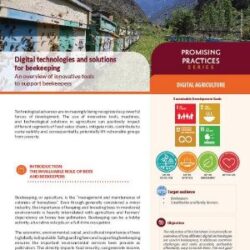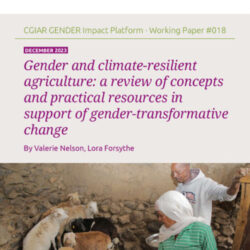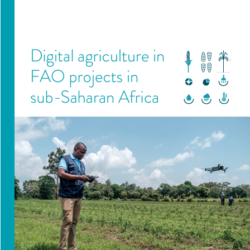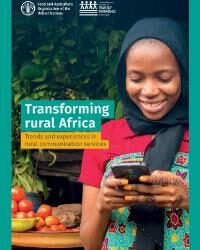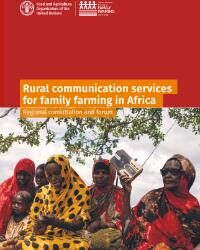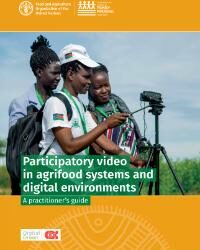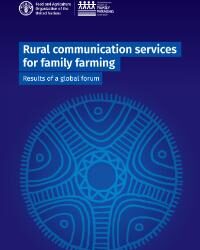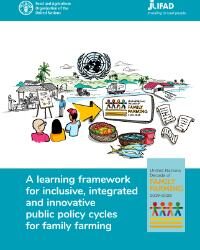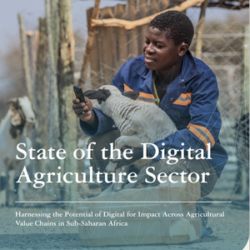Digital technologies and solutions for beekeeping
This fact sheet provides an overview of the various digital technologies used in beekeeping It addresses common challenges and seeks accessible, preferably affordable, ways to tackle them. The end goal is to introduce beekeepers to the benefits of available digital technologies and offer constructive and practical input, which can help them make better decisions, add higher value, and improve their livelihoods. Innovative technologies for beekeeping have been grouped into three

